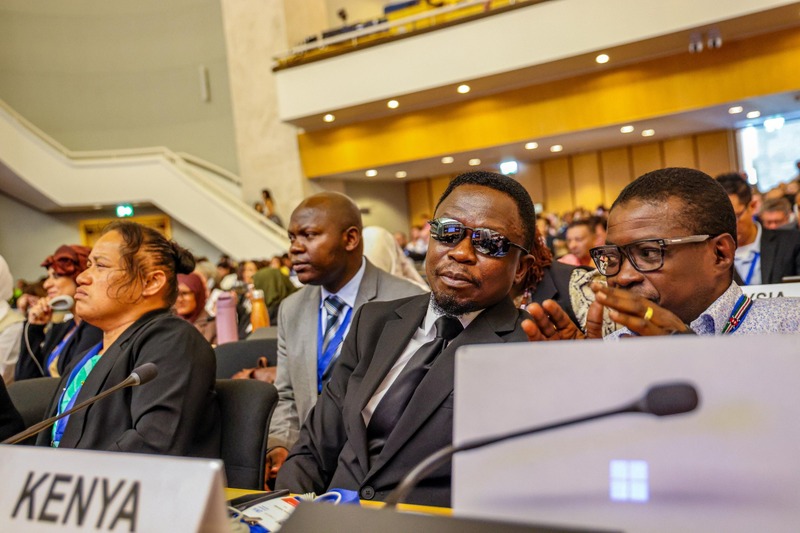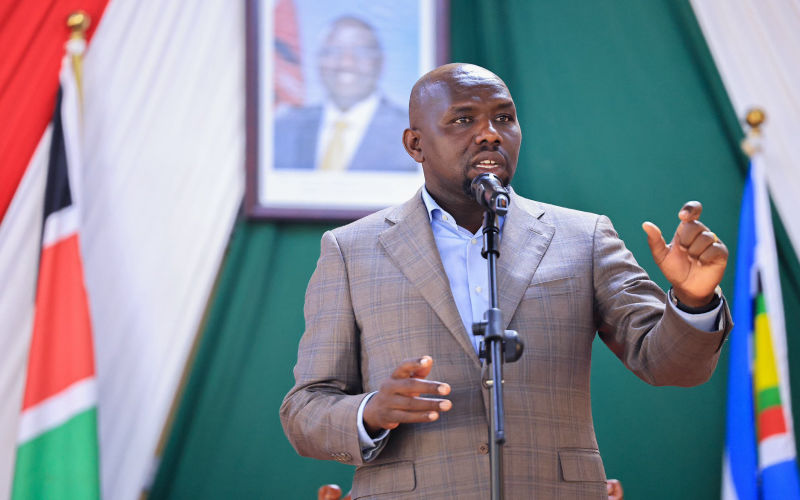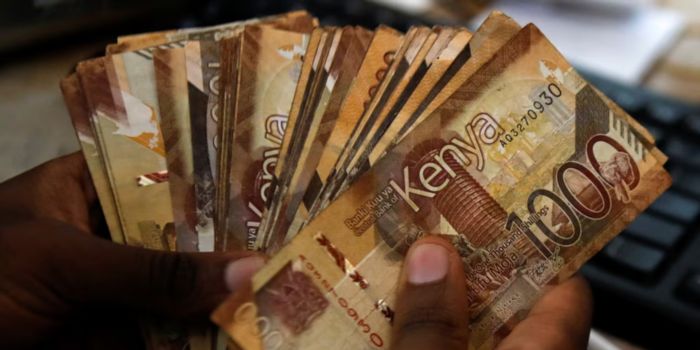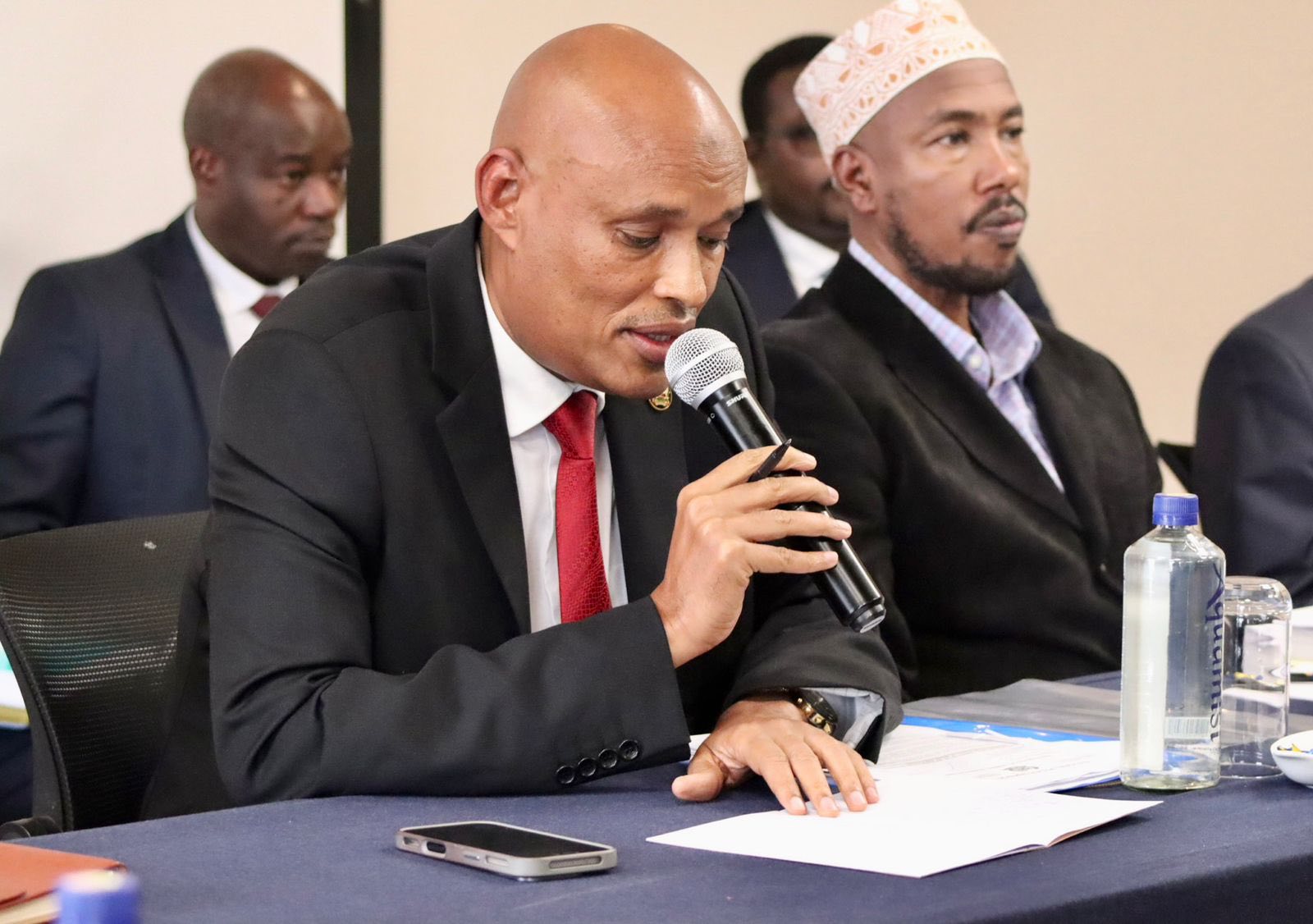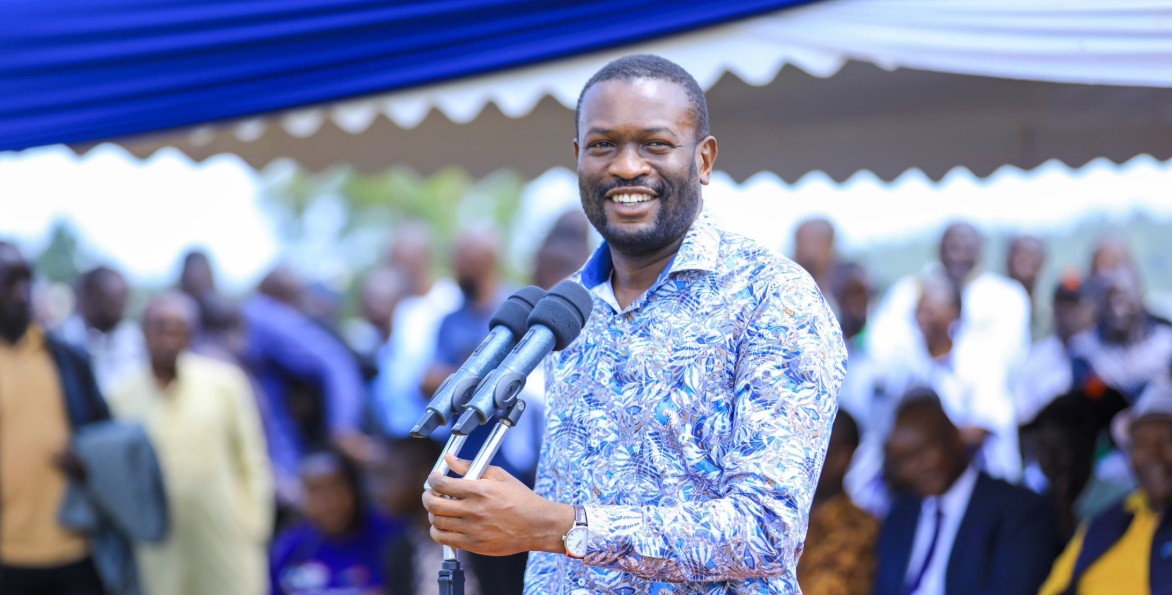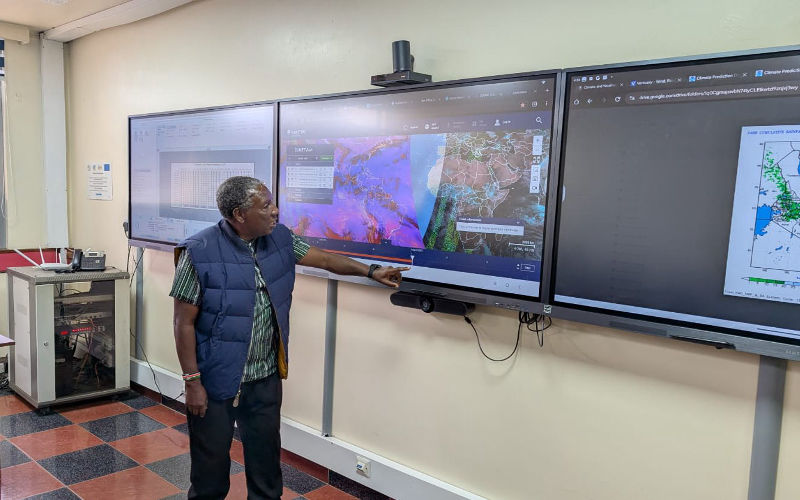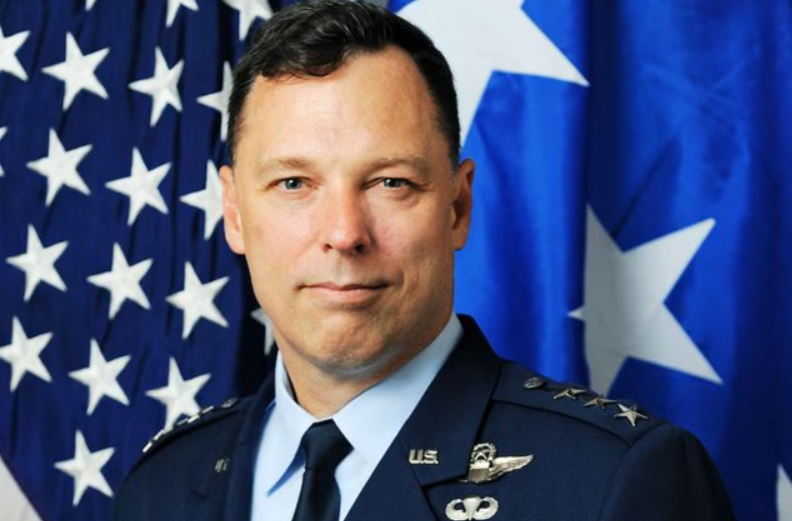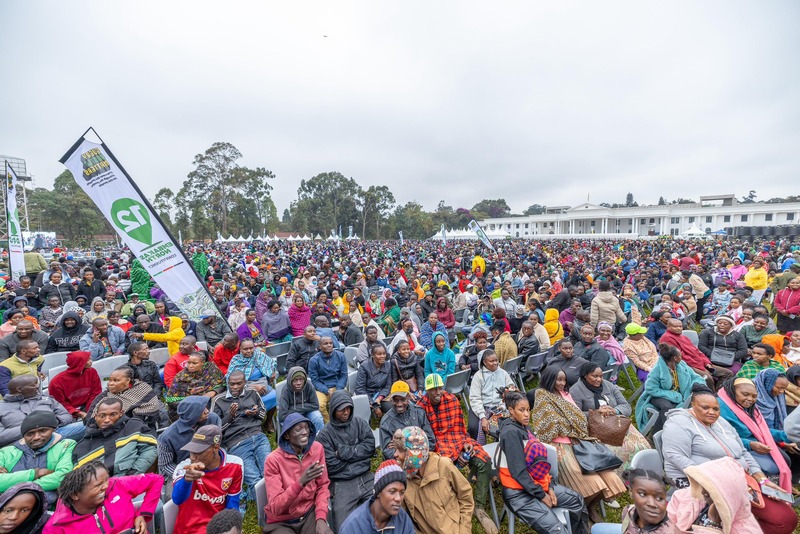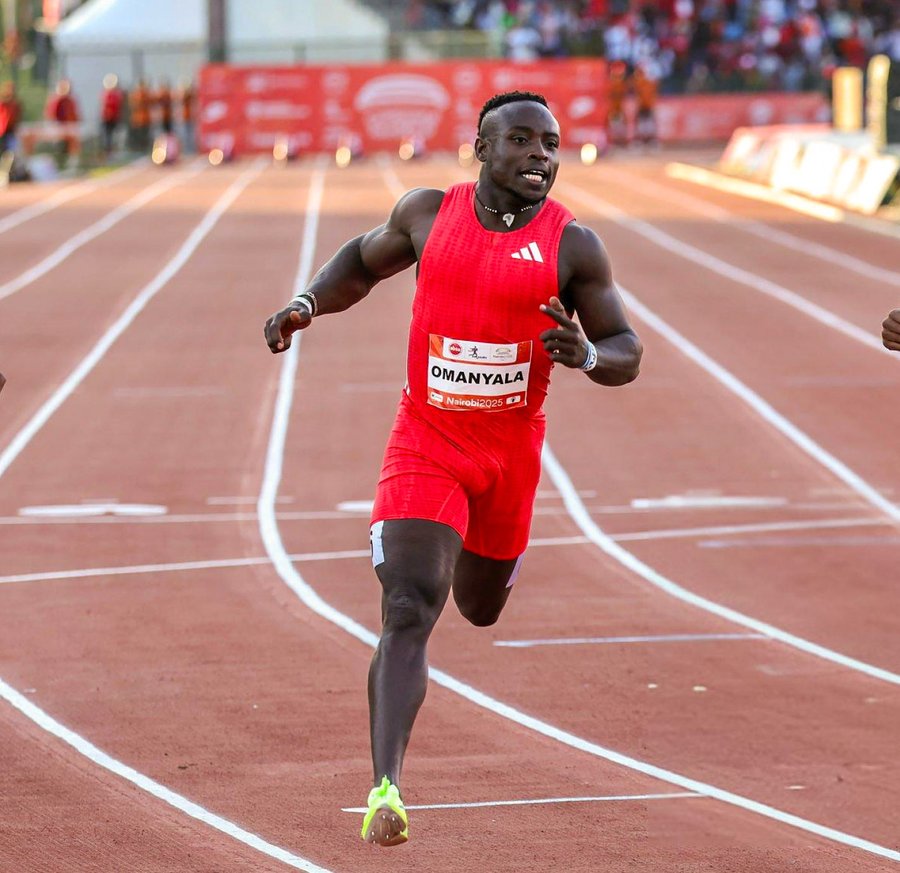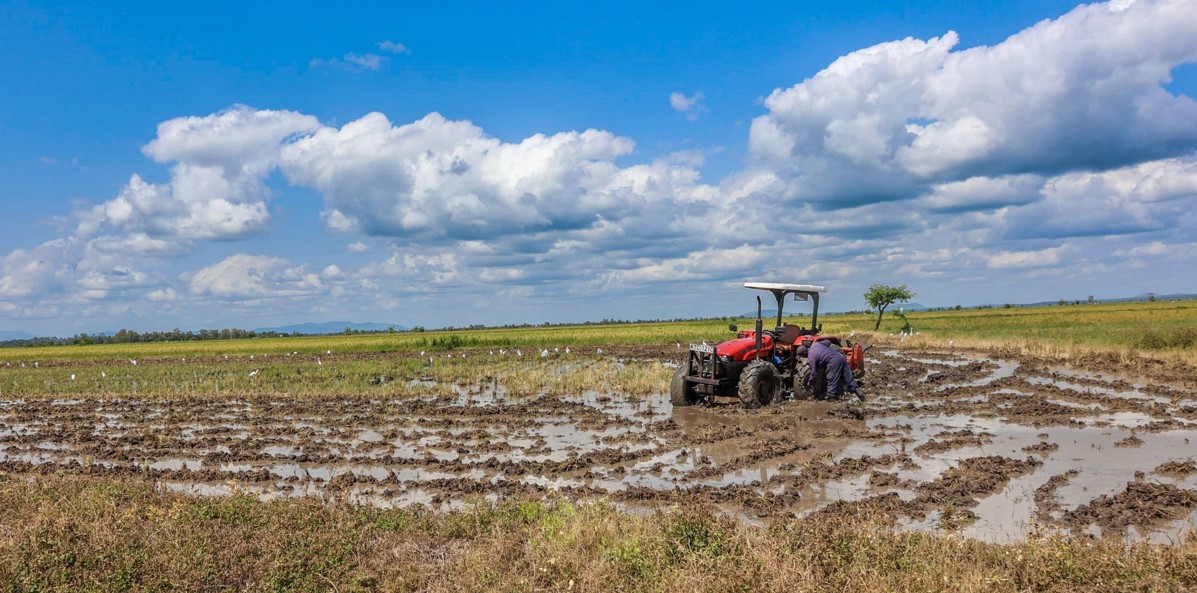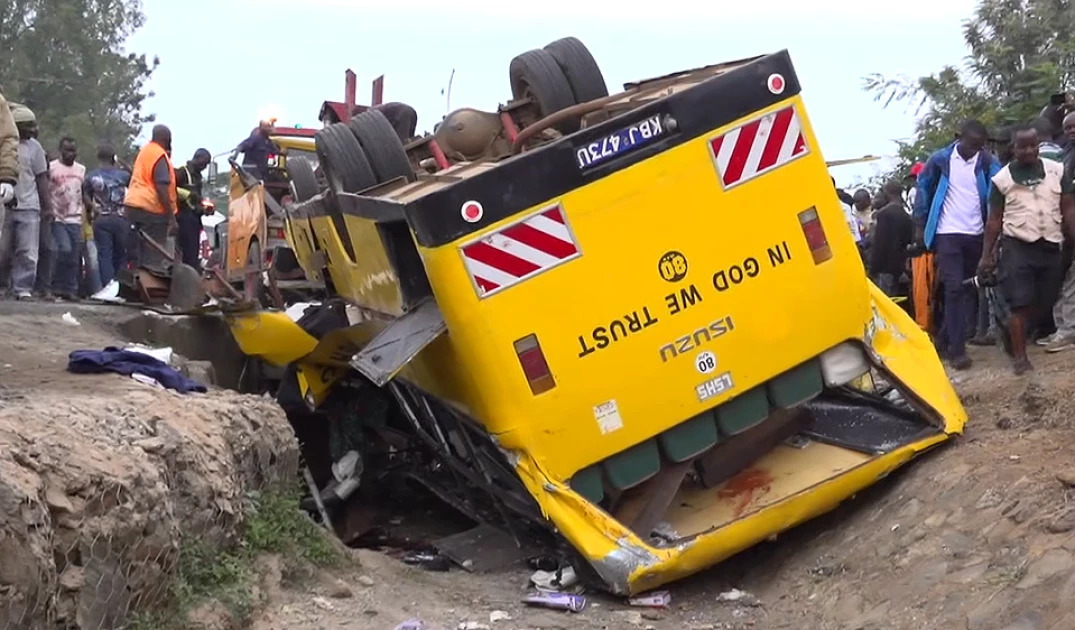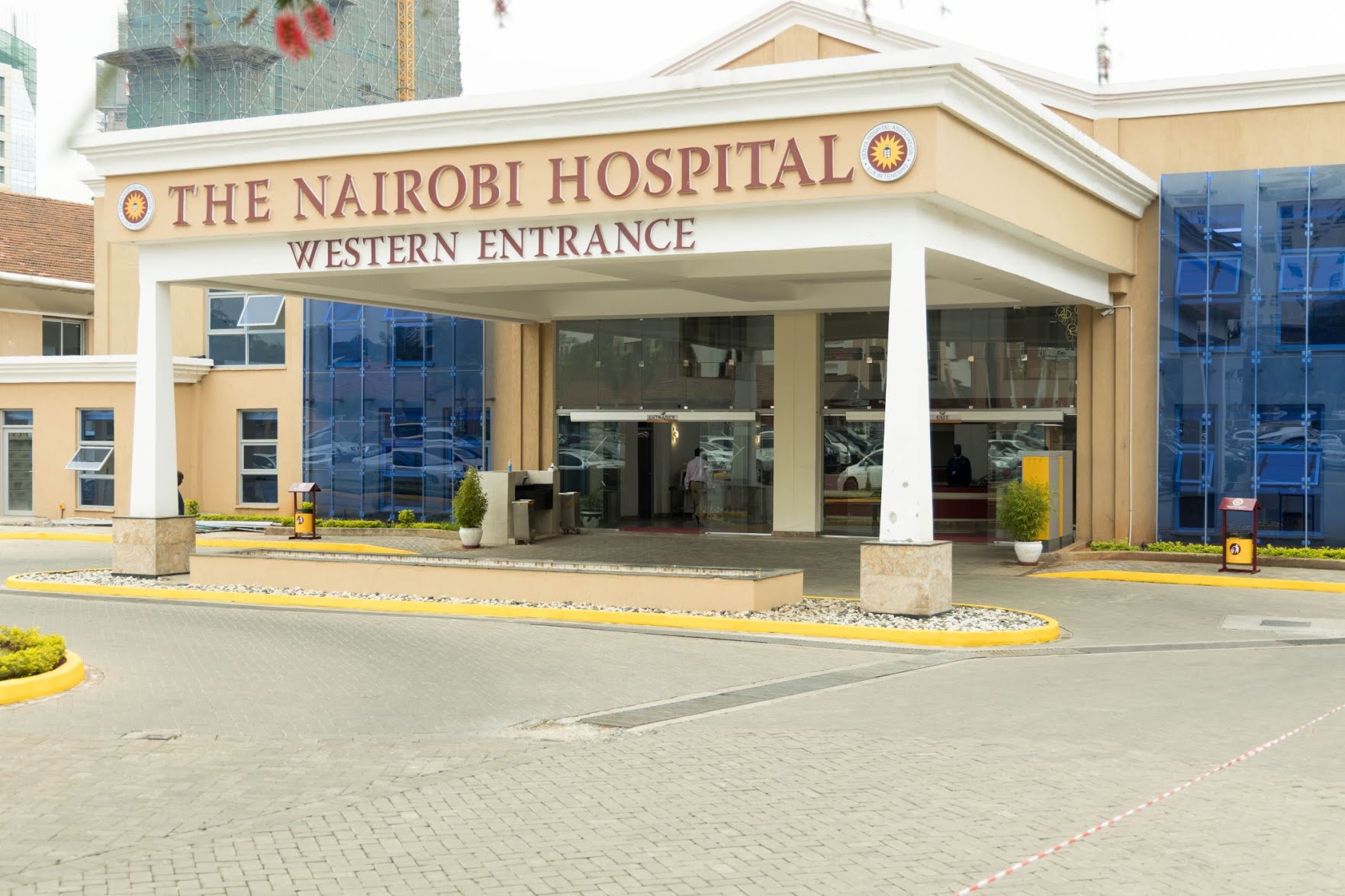The unique traditions of Eastleigh wedding ceremonies
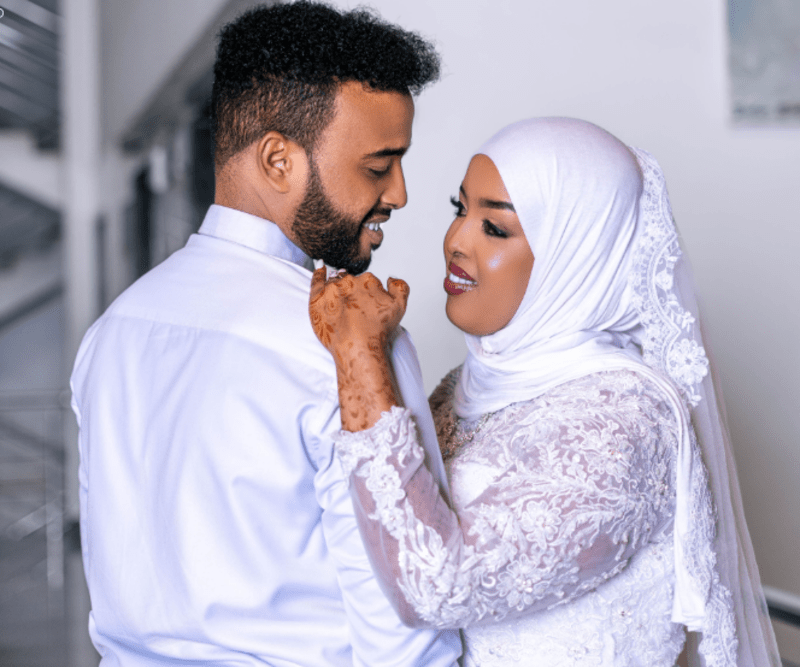
In Islam, the dowry is solely decided by the bride and it must be of significant value. It also belongs to her and not her family or relatives
Eastleigh weddings are out of the ordinary, with a one-of-a-kind ceremony that distinguishes them from those held in rural or North Eastern counties. Guests gather at a rented hall from 1 pm after mid-day prayers armed with their invitation cards, essential for entry.
Well-known and invited politicians and very close relatives are the only ones allowed to access the hall without invitation cards.
More To Read
Daud Ali a groom, explains that 1 pm was his preferred time as this is when people are available. "Imagine calling people to a wedding in the morning, few will come as people are sleeping," Daud said.
The Nikah ceremony is a male-dominated affair; women are mostly excluded, except for select close relatives who sit separately far away from the eyes of men.
At 2 pm, when everyone has arrived and seated, elders from the groom's side formally request the bride's hand in marriage.
If accepted, the celebration continues, with gifts exchanged. The groom's family will present gifts to those on the bride's side. This is frequently done to express gratitude for providing them with their daughter.
All the attendees do not leave empty-handed; they will get financial gifts, known locally as Gabati, which typically range from Sh200 and Sh1,000, depending on the groom's generosity.
"I gave all the attendees Sh500 because I was sharing my happiness with them, they were 100 guests," Hussein, who married in early January, added.
Following this, the nikah ritual is performed, which is usually led by an invited Islamic cleric and involves the groom expressing his acceptance of the bride and agreeing to the dowry as requested by the pride. He immediately confirms that the few women in attendance will be making joyous ululations, indicating their satisfaction. It is called alalaas in Somali.
In Eastleigh, the dowry is normally between Sh263,000 and Sh1,315,000, depending on the groom's income or how the bride persuades him.
During the nikah ceremony, the bride is frequently represented by her father or brother. There must be at least one witness.
In Islam, the dowry is solely decided by the bride and it must be of significant value. It also belongs to her and not her family or relatives.
Ibrahim Dahir an Islamic scholar explained the significance of paying dowry to the bride, "The dowry provides financial support for the wife in case of divorce or the husband's demise."
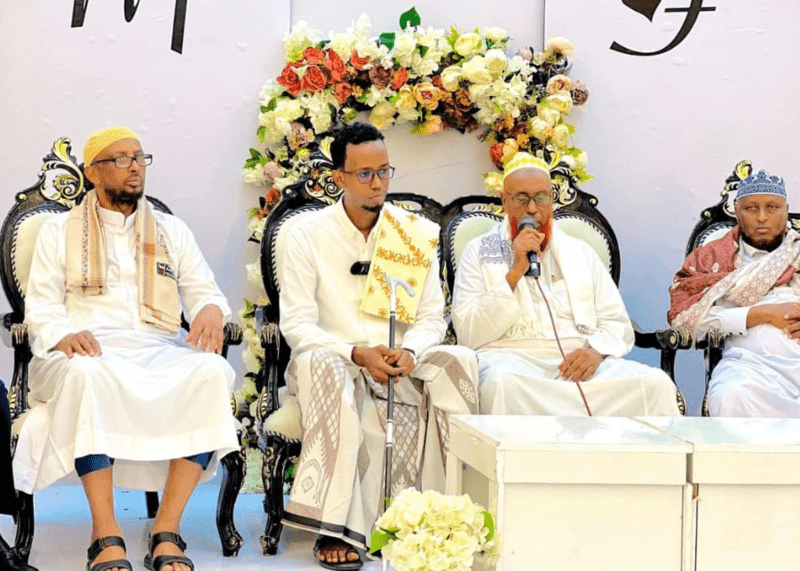 A groom waits for the nikah in one of the major wedding halls in Eastleigh. (Photo: Ahmed Shafat)
A groom waits for the nikah in one of the major wedding halls in Eastleigh. (Photo: Ahmed Shafat)
Speeches follow, and the presiding sheikh blesses the couple and prays for their future. He will also pray for the unmarried attendees and plead with them to follow suit.
The attending politician or leader will offer well wishes, then delve into issues affecting the community before concluding with a comment on a current national issue.
Feasting begins, and lunch is provided promptly. It is typically served buffet-style or on communal dishes shared by small parties. The leaders are the first to be served.
The menu may include a range of foods, such as rice, mutton, camel meat, chicken, fish, and other toppings, served with camel milk.
After the hefty lunch and exchanging pleasantries, visitors begin to leave. The groom may go out with friends for some photos at a restaurant or garden, or he may simply return home to relax.
At 6 pm, the women’s relatives, friends and colleagues arrive at the hall, all fashionably dressed up. The women do not require invitation cards to access the hall. With the DJ spinning the latest Somali love songs, the women take it to the dance floor.
"The evening is for women at weddings here. By 6pm almost everyone was there including my mom, I joined them at 9pm so that I could have more time to dance and go home early," said Maimuna Abdullahi who got married last month.
Dinner is served at 8 pm and an hour later the bride will make her grand entrance, dressed in traditional Somali attire.
Meanwhile, a troupe of hired Buranbur (traditional Somali poetry accompanied by drums and dance) performers will entertain the audience. They will laud the groom and bride's clans, dance for the bride, and pray for the newlyweds.
"When you are happy or celebrating, you need to be praised, Buranbur offers that. It is important in the Somali culture," said Fartun Kareeto a Buranbur performer at Eastleigh weddings.
The Todoba Bax (end of the honeymoon) is held on the same night as the wedding to save money and time. Women from both sides, including the husband and bride, will sing and dance for her. They will then shower her with gifts, most of which will be clothes, money, or other valuable items.
Shaash shaar also occurs around this time. Shaash is a scarf, and shaash saar is a ceremony held on this day. It is a ritual transition from being a girl to a lady. Each visitor brings a shaash and places it on the bride's head, symbolising her readiness to take on the obligations of a married woman. The bride chooses the first woman to place the shaash.
By 11 pm, with all of the ceremonies completed, the bride will get dressed in a white gown and will either be picked up by the groom from the hall or go alone. If the groom comes to pick her up, he will be dressed in a suit and accompanied by a few buddies. When he comes, the pair will dance together for a while before walking out to their new home.
Top Stories Today
